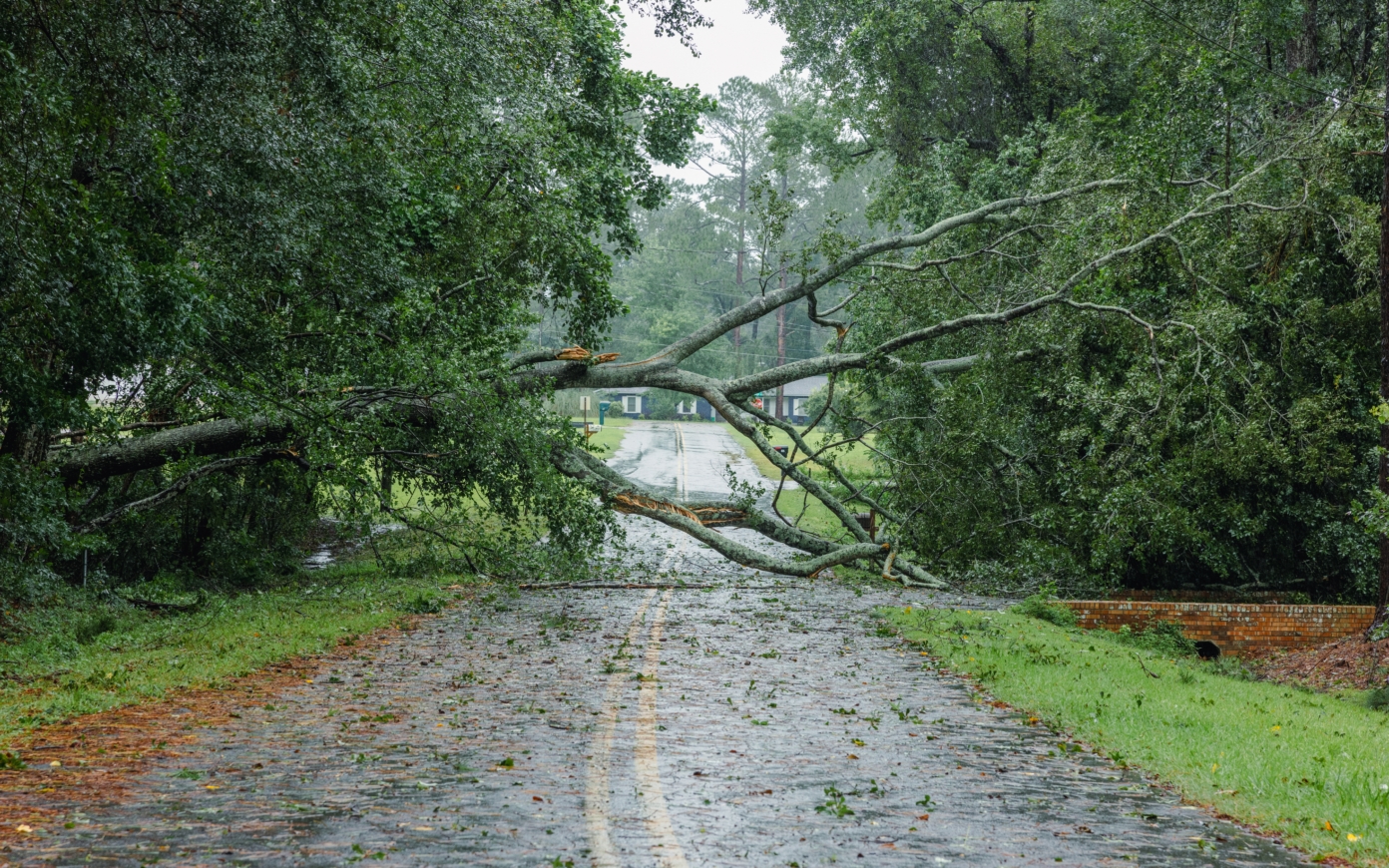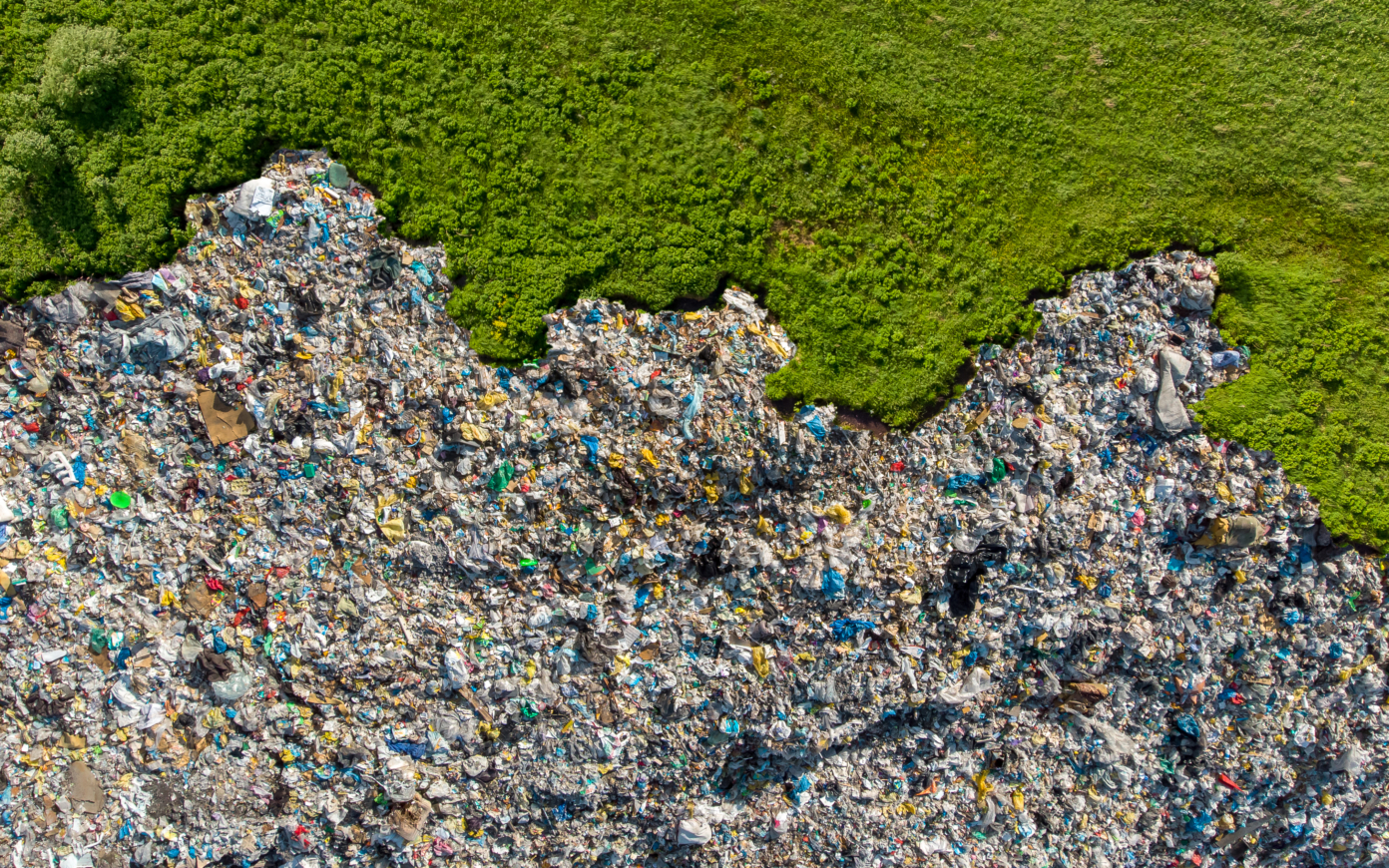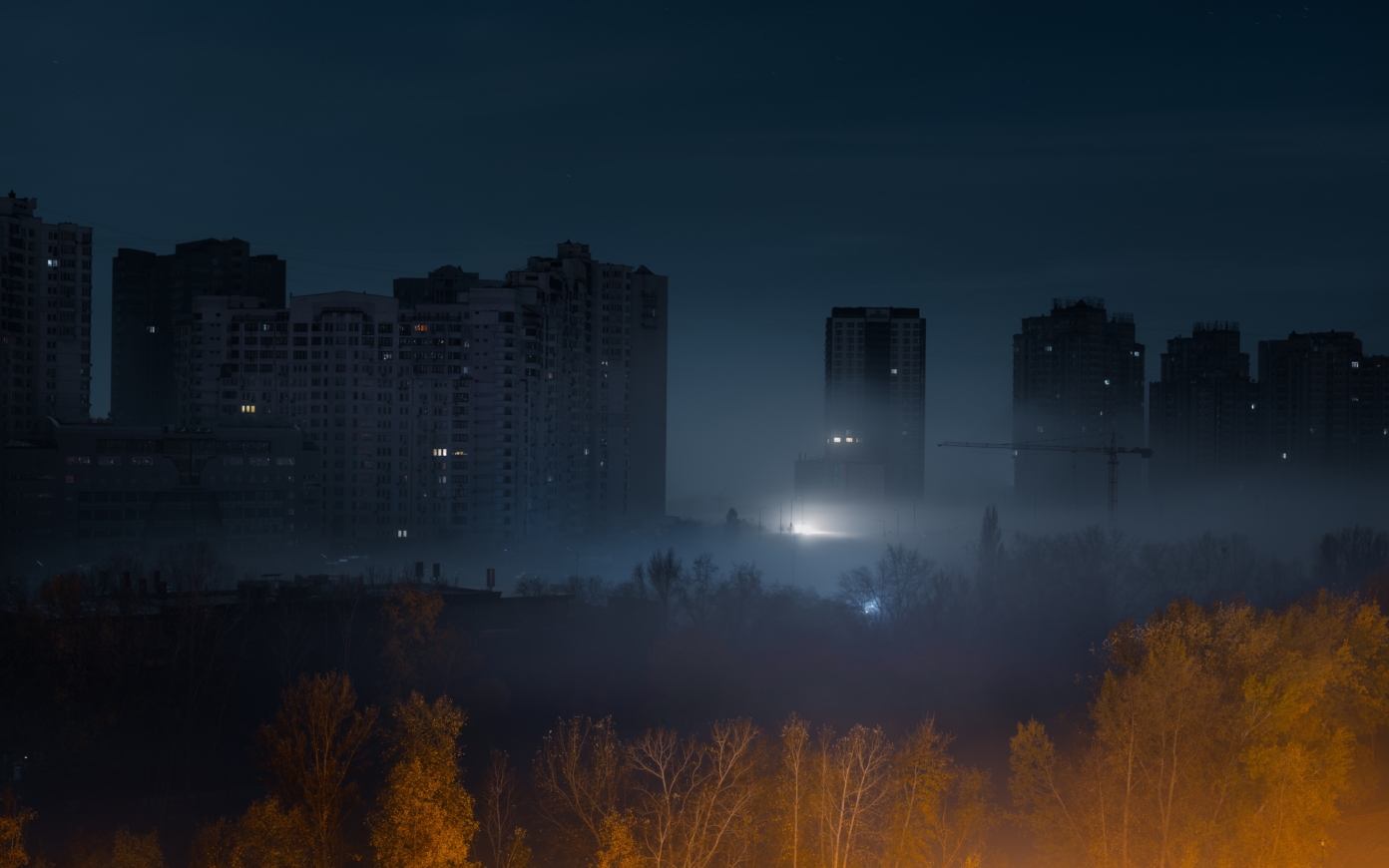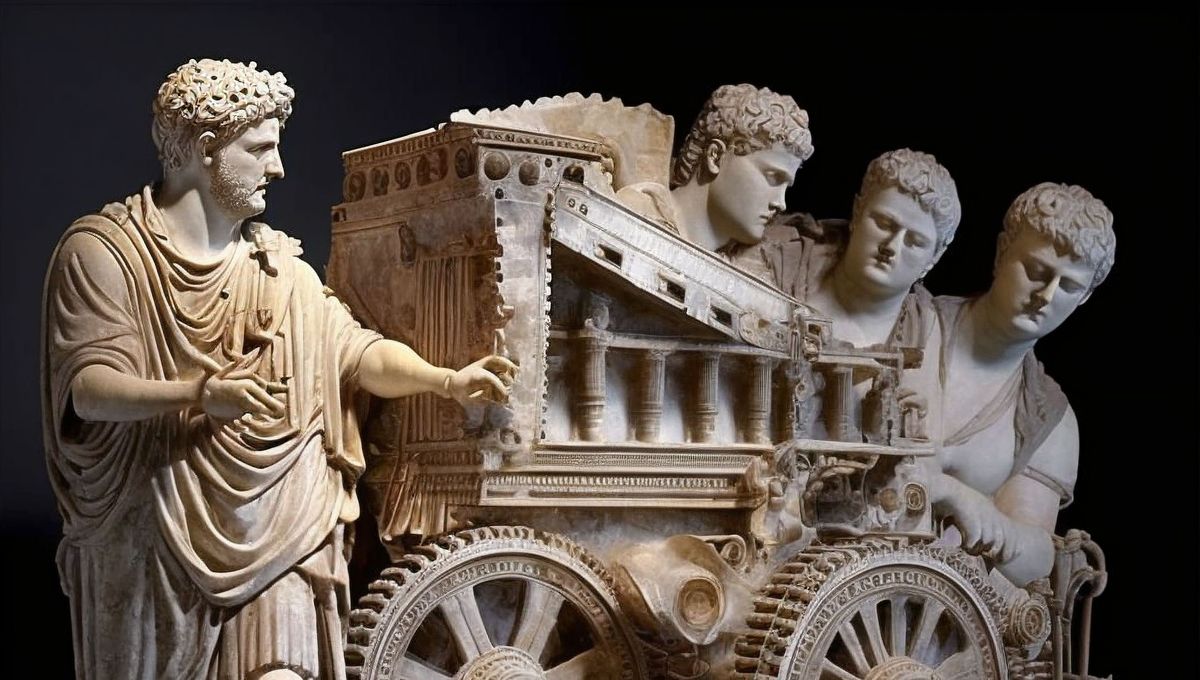The need for a transdisciplinary approach

- Publish On 18 September 2017
- 6 minutes
Clément Dirié, editor, exhibition curator and art critic is a wise observer of the changes in society. He has been a long-time employee of the agency and has been involved in the development of Stream 03 – After Office. As such, we invited him to testify in the documentary “PCA-STREAM: From research to action”.
He describes how the “research-action” approach, dear to the PCA-STREAM agency, is a necessary movement that is currently transforming the creative process not only of architects but of all creative entrepreneurs. In particular, it explains how transdisciplinarity – the fact to shift approaches on the same project – leads to innovation.




